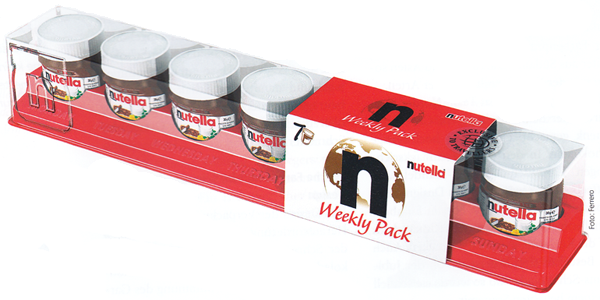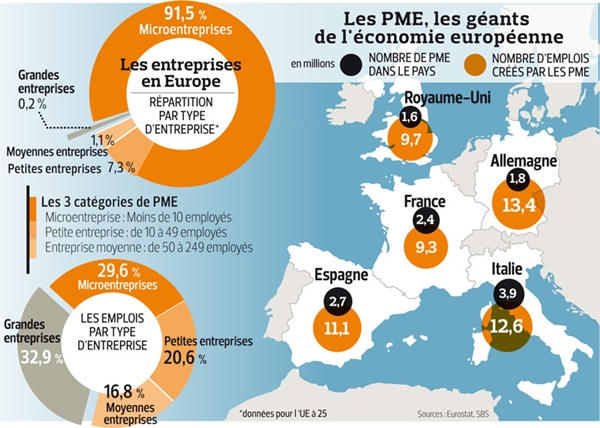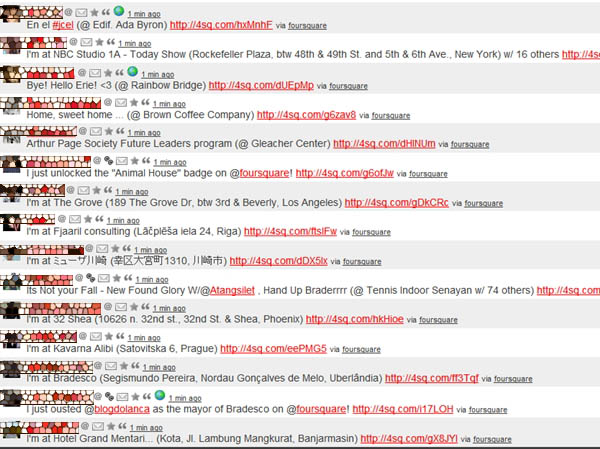Nutella Lovers – Weekly Dose

ArabNet is an international conference held in Beirut that brings together the cream of the crop in web business, from the Arab World, Europe and Silicon Valley, to discuss internet trends and emerging opportunities. It provides a center stage for regional entrepreneurs to showcase their ideas and connect with incubators, venture capitalists, angel investors, established internet companies, NGO’s and influential bloggers.
ArabNet 2010 was a huge success, gathering over 500 attendees from 13 countries across the MENA, Europe and Silicon Valley and over 60 speakers from leading global and regional companies, including Google, Microsoft, Facebook, Yahoo!Maktoob, Cisco, Aramex, Bank Audi, TwoFour54, and National Net Ventures.
This year, we’re going double in size. Spanning over 4 days, from March 22-25, in Beirut, the ArabNet 2011 Shift Digital Summit will draw over 1,000 attendees and 80 speakers from around the world. It will include a Developer Day (March 22), Two Forum Days (March 23 & 24), and a Community Day (March 25).
 The war is going on between the retailers (supermarkets and hypermarkets) and the suppliers (brand principles) and if you are wondering why, it is because of the non-stop products price increase.
The war is going on between the retailers (supermarkets and hypermarkets) and the suppliers (brand principles) and if you are wondering why, it is because of the non-stop products price increase.
And no matter who will win at the end of the tunnel (it is a very very long tunnel), the biggest loser will be the consumer as both parties are trying to pass the new cost(s) to him.
Some retailers are categorically refusing the new rising costs while others are putting a limit for the increase by fixing a percentage (Leclerc in France limited it to 2%), and some (which I hardly believe) are cutting some points from their own margins to keep the prices aligned because they would like to maintain their status of EDLP (everyday low prices).
Definitely the biggest part of this pressure is on the suppliers because of the endless influence of retailers and the ability of buyers to say “NO” (sometimes no matter what you offer them).
Therefore some suppliers will follow a new tactical move and it is by decreasing the packaging size, which means offering less for the same price, leading to have a higher unit price and making it difficult to consumers to spot the difference and in my opinion this is not ethical.
Some brand principles have a different point of view, such as increasing prices and all the rest will follow but this is a risky step to take and needs some time to be reflected on the market and might take some consumers away from picking their products and some other principles might take advantage of this by waiting some time and giving the impression that their prices are stable and this might lead to some confusing on the consumer decision making while at the shelf.

During all this dilemma, the retailers are giving more hard time to suppliers by cutting down their assortments and removing under-performing products provided that this will not hurt the consumer basket, consequently this will help them optimize their shelves with products bringing more margins to their pockets.
We have also seen some extreme situations, where retailers delisted well known international brands, as example, Costco in the US removed Coca-Cola from its shelves for 3 weeks back in 2009 and in the UK, a Tesco and Premier Foods dispute for same reasons, led to the removal of 12-18 products from the shelves.
Before judging who is right or wrong, one thing is sure, the power continues to shift into the hands of the retailers, and this goes for every and each market and country.

En deux ans, l’environnement des entreprises de moins de 250 salariés s’est globalement amélioré. La France est dans la moyenne européenne pour l’esprit d’entreprise et la réactivité de l’administration.
Article complet sur Le Figaro, lire ici.
 Location-Based services invaded all over the internet and everyday, more and more service are popping up,without forgetting the fierce competition coming from the big players like facebook, twitter and google who are also offering location check-ins and places.
Location-Based services invaded all over the internet and everyday, more and more service are popping up,without forgetting the fierce competition coming from the big players like facebook, twitter and google who are also offering location check-ins and places.
The few that made big buzz when launched are foursquare and gowalla.
I still don’t see the usefulness of such services for individuals. Would I really care if you are having a burger at McDonald’s or sipping a coffee Starbucks or wherever you are now??? If you think I really care which badge you unlocked or that you became the mayor of banana land, then you are totally wrong?
But maybe I would care to know that the location/store/restaurant/supermarket/pharmacy/etc.. has a special promotion today on one of their products.
Which takes me to the conclusion that the so-called “lo-so” are more useful to businesses to attract more people to their locations, and these consumers to spread the word about their offers/promotions when they check-in using the location based services and in return to be rewarded more when they do so on social networks.
For example, take a look at the below graphic showing 15 check-ins. All of them are useless, putting more noise on the twitter timeline and taking us no where. Until now, I still did not see people checking-in and offering any value to their friends or to the location where they are (I am talking at least about the people I follow on twitter).
So businesses who believes in social media marketing, have a long way to cross.
